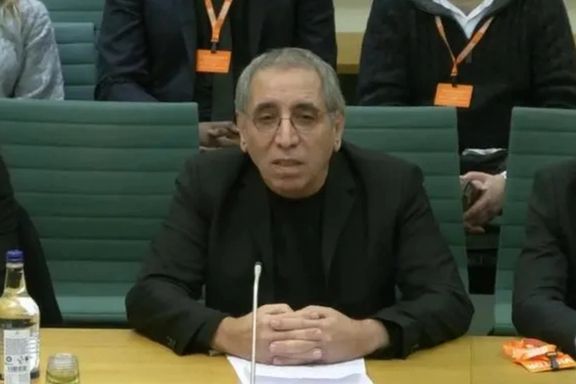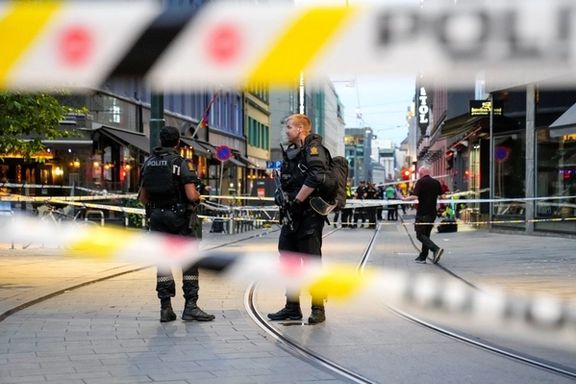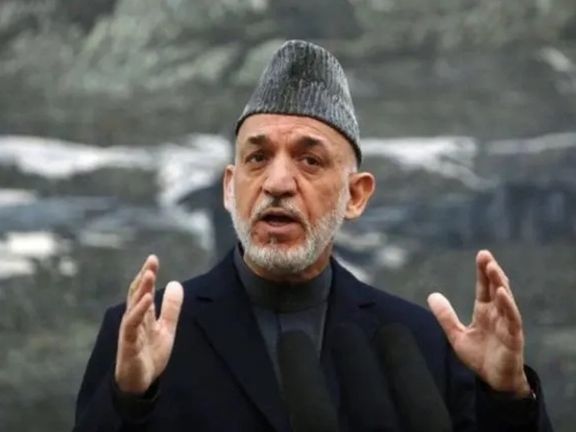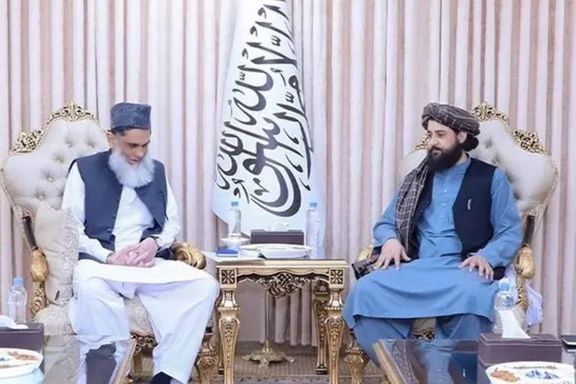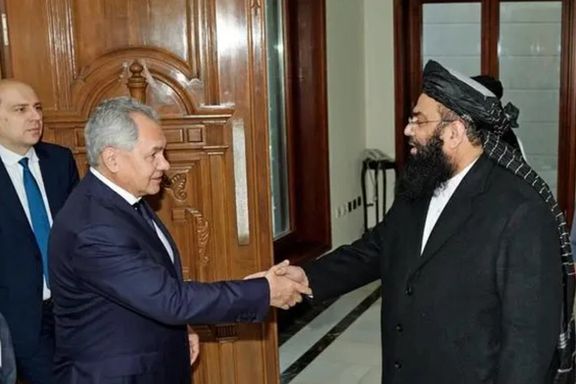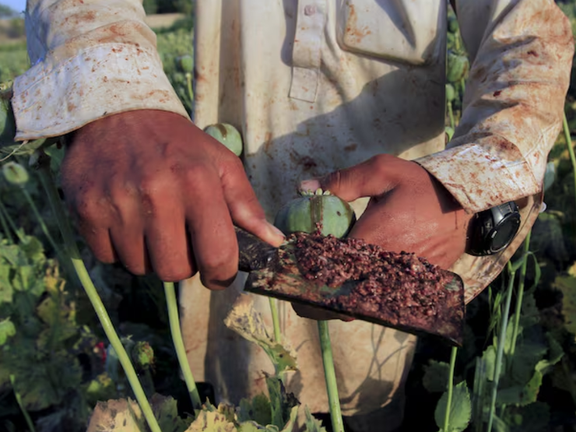He said that Russia wants a lasting peace in Afghanistan and that Moscow is ready to help the reconciliation process among Afghans.
Sergei Shoigu, who was previously Russia's defence minister, headed a high-level delegation to Kabul on Monday and met separately with Taliban officials, including Mullah Abdul Ghani Baradar, deputy prime minister for economic affairs, Mawlawi Abdul Kabir, deputy prime minister for political affairs, Mullah Yaqoob, defence minister, and Sirajuddin Haqqani, the Taliban's interior minister.
According to Russian news agencies, Shoigu said in a meeting with Taliban officials, "We confirm our readiness to establish a constructive political dialogue between our countries, including the reconciliation process among Afghans."
The intra-Afghan dialogue is part of the Doha agreement signed between the Taliban and the United States. However, the Taliban refused to talk to the negotiating team of the former government. With the withdrawal of international forces led by the United States from Afghanistan, the Afghan government collapsed and the Taliban seized power in the country.
Over the past three years, political movements opposed to the Taliban have repeatedly emphasised on dialogue and negotiations with the Taliban, but the Taliban has rejected such talks.
Feridun Sinirlioğlu, the UN Special Coordinator for Afghanistan, presented his assessment of the situation in Afghanistan to the UN Security Council last year. The report proposed a roadmap for engagement with the Taliban, and the start of a political process for the participation of Afghan political forces was part of the proposal. He had said that this process could lead to the normalisation of relations between governments and the Taliban government.
The Taliban has opposed "intra-Afghan dialogue" and the return of former government figures.
Taliban officials have said that they discussed economic cooperation and the expansion of relations with the Russian delegation. The Taliban has made no mention of the delegation's request for intra-Afghan reconciliation.
Abdul Ghani Baradar, the Taliban's deputy prime minister for economic affairs, told Shoigu that the Taliban administration needs Moscow's help to ease the burden of Western sanctions.
According to Russian media, Abdul Ghani Baradar said, "We have tried to create conditions for the growth of Afghanistan's exports and the growth of foreign investment."
The Taliban official said that the United States and the West have increased the pressure on the Taliban after the Taliban came to power by freezing Afghanistan's assets and imposing a travel ban on the group's leaders.
"Therefore, we are waiting for the Russian Federation to help us neutralise this pressure," Baradar added.
